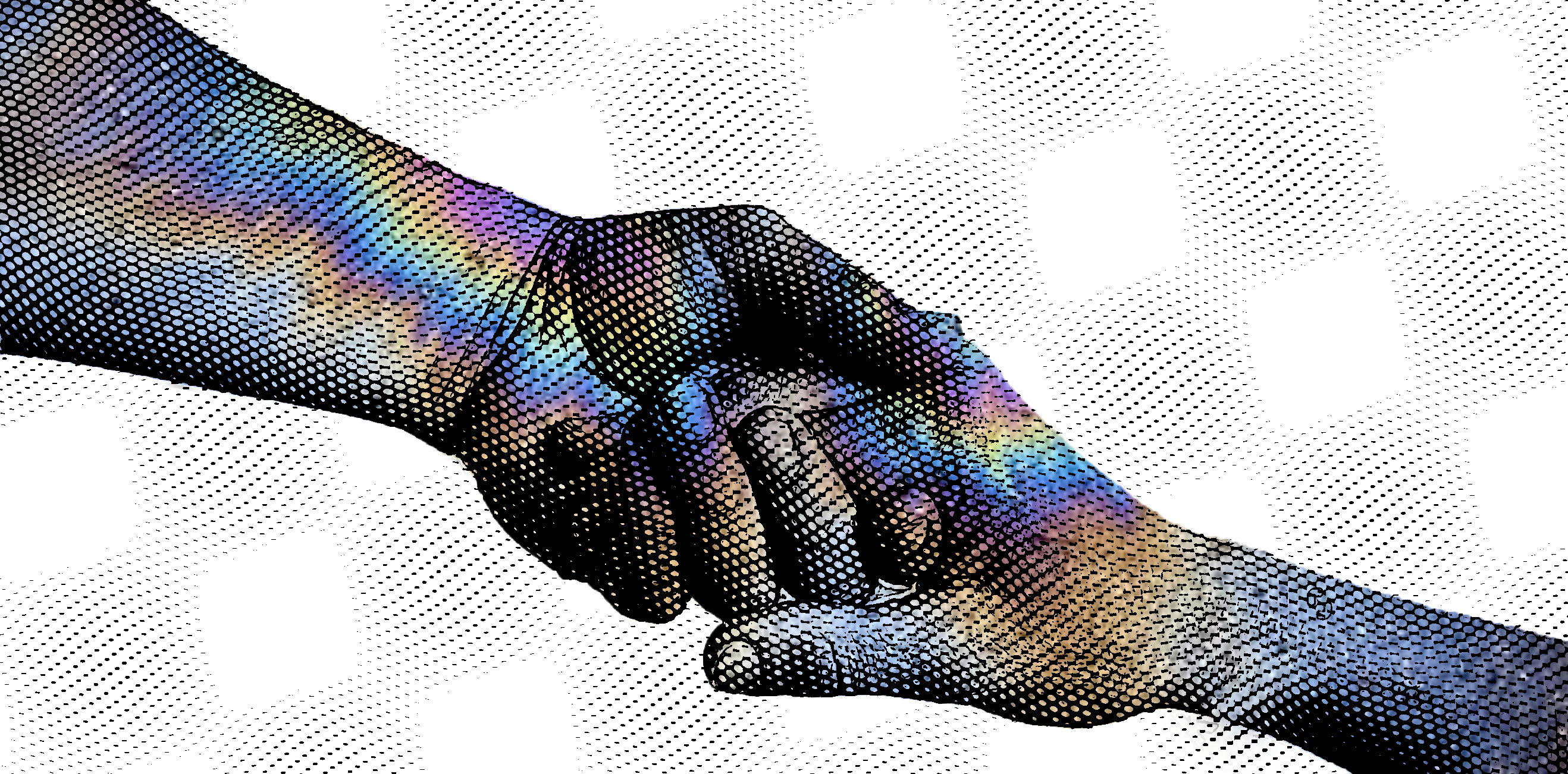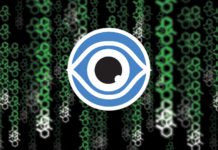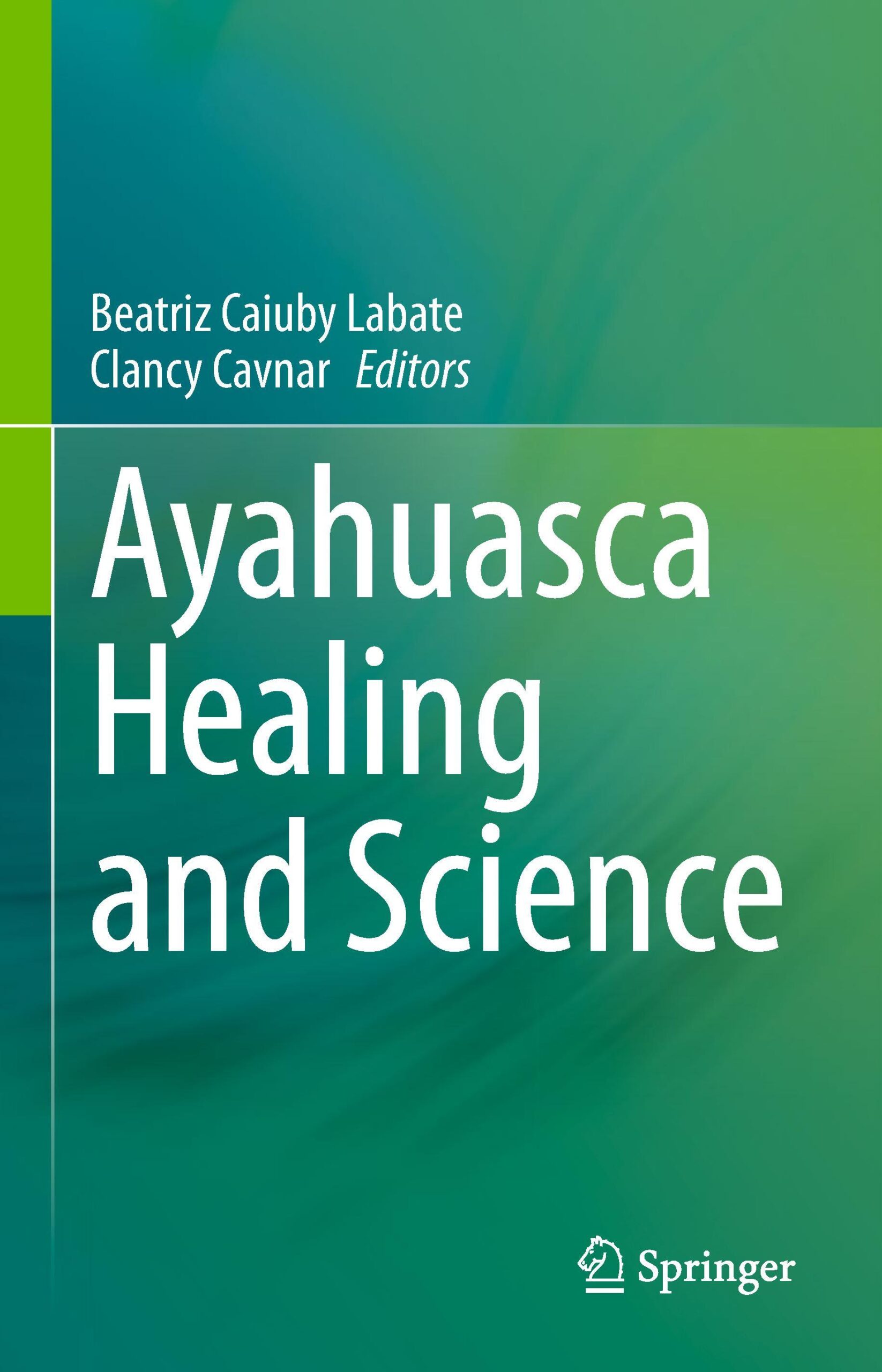- Towards an Ethos of Equity and Inclusion in the Psychedelic Movement - December 18, 2019
- Ambassadors to Hidden Territories: Set and Setting in Psychedelic-Assisted Psychotherapy - December 13, 2018
If someone had told us a few years ago we would be legally using MDMA and ketamine in psychotherapy, we’d have laughed at the notion as impossible. However, while highly implausible to imagine it only a few years back, this is where our professional development has taken us. We are currently working as psychedelic therapists in the roles of facilitators, caretakers, midwives, and witnesses, helping individuals to reconnect with, process, and resolve past traumas and alleviate symptoms of severe anxiety and depression. It seems we are indeed successfully treating their otherwise intractable treatment-resistant symptoms with the aid of psychedelic catalysts.
What if our responsibility as therapists to facilitate access to these uncharted subterranean catacombs can be catalyzed, indeed expedited, by psychedelic medicines
To the extent that we, as therapists, have explored our own inner terrain, we also act as ambassadors to these same, hitherto neglected or forgotten inner realms within our patients. It is a common view in the psychoanalytic community that “the symptom” is an expression of threatening or unmanageable psychic material that has been pushed into the unconscious, so that it is unprocessed, unmetabolized, even unknown. What if our responsibility as therapists to facilitate access to these uncharted subterranean catacombs can be catalyzed, indeed expedited, by psychedelic medicines to more efficiently bring repressed material into the light of conscious awareness? If that is the case, then not using these tools, at least in some cases, would be a disservice to our patients and to the search for truth.

Set – Short for “Mindset” – in Psychedelic-Assisted Psychotherapy
The patients’ set involves their current state of mind, mood, attitude, interpersonal or professional concerns, beliefs about psychedelic medicines, and expectations about the specific therapeutic session. As therapists, we also must consider our own set, and its influence on the patient and treatment. Our set involves our own current frame of mind, mood, outside concerns, and hopes for the session and the treatment as a whole.
The broader socio-cultural values and perceptions need to be also carefully considered as influences on the patient’s set: their “social set.” What are the collective social beliefs, cultural values, and stigmas regarding psychedelic use? How do their friends, family, and loved ones perceive the use of psychedelics in general and in treatment? We recognize that these collective perceptions, expectations, judgments, and fears play an important role in how the patient anticipates and interprets the work.
We strive to be mindful that every phone contact, email, and in-person meeting will naturally influence our patient’s perception (i.e., his or her set) far in advance of a session with the medicine. The essential foundation of the patient’s set is their well-informed understanding of all aspects of the treatment. Following the intake, they should have a good sense of the specific rationale for the chosen treatment protocol, dosage strategies, common physiological and psychological effects and duration of the medicine(s), the typical stages and progression of a psychedelic journey, and all known risks and benefits of the treatment. Patients are informed about their right to discontinue treatment at any time for any reason. Side effects, possible use of emergency and support medicines, if needed, and alternative treatment options are also discussed. In preparation for a psychedelic session, we try to cultivate a trust in the process, understanding that it may not be linear or predictable and may come with unexpected twists and turns.
In these preparatory sessions, the intentions and motivations of the seeker are explored and openly examined. What multiple factors have brought them to the point of consider taking a mind-altering substance in treatment? What are they hoping to get out of the treatment? Where are they in their process of psychospiritual development? Sincere and uninhibited self-inquiry is encouraged to identify patterns of thinking, feelings and behaviors that are reinforcing their dis-ease. We endeavor to support and facilitate the freedom of the “traveler” to go wherever he or she wishes and make meaning of and understand their symptoms, with the ultimate goal of liberating themselves from the shackles of old, rigid, fear-based beliefs and dictates.

Trusting the Patient’s Inner Healing Intelligence
Perhaps the most important core principle in the work is encouraging patients to trust the medicine and their own inner healing intelligence. This concept and its implications are elucidated in the MDMA study treatment manual: “It is essential to encourage the participant to trust their inner healing intelligence, which is a person’s innate capacity to heal the wounds of trauma. It is important to highlight the fact that the participant is the source of their own healing. The [medicine] and the therapists are likely to facilitate access to a deep healing process, but they are not the source of this healing process.”1 We trust that our patients’ natural ability to heal, along with a sincere desire for healing, will guide them to the material that needs attention, processing, and integration.
The healing process is not about avoiding challenges but rather engaging with them in new ways, and discovering a more expansive, harmonious, accepting, empathic, and loving way of relating to them.
Because the inner healing intelligence goes to where it is needed, the healing process not only involves letting go, on both the part of the client and the therapist, but also trusting that any challenging material that arises is “coming up for healing.” There is a well-known maxim in our field: There are no bad trips, only challenging ones. The healing process is not about avoiding challenges but rather engaging with them in new ways, and discovering a more expansive, harmonious, accepting, empathic, and loving way of relating to them. In fact, Myron Stolaroff, an influential pioneer of psychedelic psychology, felt the most significant transformational healing and growth resulted from encountering dark thoughts and emotions, and unresolved fears and trauma during a psychedelic session.2 Challenging experiences can be incredibly valuable and important, sometimes even essential, to the journey towards wholeness.
Setting in Psychedelic-Assisted Psychotherapy
The setting, at its most concrete, is the physical space where the experiential session takes place. At our ketamine psychotherapy clinic, Polaris Insight Center, we do our best to make the setting cozy and comfortable and to minimize outside distractions and disruptions. The room’s decorations are carefully chosen to create a welcoming ambiance that is aesthetically appealing, simply adorned, and not overwhelming in any manner. We try to avoid using trappings of a traditional institutional, medical, or clinical environment. Instead, we strive to curate a familiar, living-room-like setting conducive to relaxation and surrender. These conditions create an optimal space for the patient to let go and for the journey to unfold and flow of its own accord.
More subtly, considerations of setting include various environmental influences on the patient and the process. For example, the setting of a therapy suite in San Francisco will have a different impact on the experience than that of a therapy center in the mountains of Colorado. A psychedelic psychotherapist must keep in mind how the larger socio-cultural context might impact the psychedelic experience.
Music as Part of Setting in Psychedelic-Assisted Psychotherapy
Stanislav Grof describes the role of music as creating “…a continuous carrier wave that helps patients to overcome difficult parts of the sessions and move through impasses”
Music plays an important role in our work. It provides a container for the patient’s emotional processing while guiding the forward movement of the journey. Stanislav Grof describes the role of music as creating “…a continuous carrier wave that helps patients to overcome difficult parts of the sessions and move through impasses”.3 Furthermore, the practice of listening to music puts the listener into a more receptive, meditative state, which, in turn, facilitates the process of letting go; an important component of the psychedelic experience.
Thoughtful care is put into curating specialized playlists with the intention of taking the listener on an ultimately uplifting and healing journey.Playlists are arranged to mirror the drug effects. In our work with MDMA, atmospheric ambient tracks are used for the come-up period, faster and more emotionally evocative tracks are played during the peak, and tender heart-opening pieces are selected for the come-down period. In ketamine sessions, more spacious, textured ambient electronic tracks are used. As the participant’s journey unfolds, the music fosters emotional openness for connecting or reconnecting with old memories and deep emotions of sadness, grief, surrender, joy, and love. Some samples of playlists curated specifically for psychedelic journeys can be found at Chacruna’s Psychedelic Therapy Music Forum.

Planning for Integration as a Part of Set and Setting in Psychedelic-Assisted Psychotherapy
The integration process in the days and weeks following the psychedelic experience is important to consolidate the insights gained during the journey and implement changes in one’s life. During this period, we help patients find words for their experiences, unpack insights, and develop new personal narratives. We further discuss strategies and practices to retain and actualize this new knowledge. These sessions tend to involve a more directive approach where we suggest specific techniques (e.g., journaling, drawing, listening to music, dancing, meditation, connection with nature). The questions we pose to the patient during this period support these efforts: In what ways, if any, have your psychedelic sessions shifted how you see and understand yourself now? How has it informed your view of reality, your role in it and your understanding of your life’s journey? Has it changed your relationships, motivations, self-criticisms, and criticisms of others?
Training and Approach of Psychedelic Psychotherapists as a Part of Set and Setting
However, we feel strongly that, without direct experience of the psychedelic-assisted therapy, the therapist will be less prepared to navigate the terrain of NOSC in psychotherapy.
To be effective in the role of psychedelic psychotherapist, we believe well-trained therapists should have some familiarity with, and experience navigating, non-ordinary states of consciousness (NOSC). This preparation may involve therapists having their own personal experiences with psychedelic-assisted therapy, or alternatively, having non-drug NOSC experiences such as with floatation tanks, immersive meditation retreats, or holotropic breathwork. However, we feel strongly that, without direct experience of the psychedelic-assisted therapy, the therapist will be less prepared to navigate the terrain of NOSC in psychotherapy. One of our colleagues captured this idea in a colorful metaphor: If you’re climbing Mount Everest, you would want to know that your sherpas have climbed it before, are familiar with characteristic challenges of the terrain, and are acquainted with the particularly scenic routes and viewpoints along the way.
In training psychedelic therapists, we want to cultivate a professional ethic of mindfulness and patience, as we carefully tend and till the soil of patients’ psyches in preparation for the harvest. This approach inevitably involves a good amount of waiting and not-doing. The apprentice gardener may earnestly believe that more directive interventions will lead to more growth. However, each patient’s path is unique, and the healing process is best served when the therapist is able to trust the process and put aside their own plans, expectations, and judgments.
Recommendations for Further Education and Training
Dr. Janis Phelps, Director of the Center for Psychedelic Therapies and Research at the California Institute of Integral Studies, has developed a set of best practices to achieve optimal outcomes in psychedelic therapy.4 Among the core competencies of psychedelic therapists are empathetic abiding presence, trust enhancement, knowledge of the physical and psychological effects of psychedelics, and therapist self-awareness and ethical integrity. Her recently published article in the Journal for Humanistic Psychology is highly recommended for further reading on this subject.
Furthermore, for those interested in more formal training in psychedelic-assisted psychotherapy, we recommend the following programs:
- MAPS: MDMA-Assisted Psychotherapy Training Program
- CIIS: Certificate in Psychedelic-Assisted Therapies
- The Center for Transformational Psychotherapy: Phil Wolfson, MD and Julane Andries, LMFT
- Kriya Institute: Raquel Bennett, PsyD
- Grof Transpersonal Training
- ZENDO Project
Art by Karina Alvarez.
References
- Mithoefer, M. C. (2016). MDMA-assisted psychotherapy treatment manual (Version 8:25). Santa Cruz, CA: Multidisciplinary Association for Psychedelic Studies. ↩
- Stolaroff, M. J. (1997). The secret chief. Charlotte, NC: Multidisciplinary Association for Psychedelic Studies. ↩
- Grof, S. (2008). LSD psychotherapy. Ben Lomond, CA: Multidisciplinary Association for Psychedelic Studies. ↩
- Phelps, J. (2017). Developing Guidelines and Competencies for the Training of Psychedelic Therapists, Journal of Humanistic Psychology 57(5) 450-487. DOI: 10.1177/0022167817711304 ↩
Take a minute to browse our stock:
Did you enjoy reading this article?
Please support Chacruna's work by donating to us. We are an independent organization and we offer free education and advocacy for psychedelic plant medicines. We are a team of dedicated volunteers!
Can you help Chacruna advance cultural understanding around these substances?
















